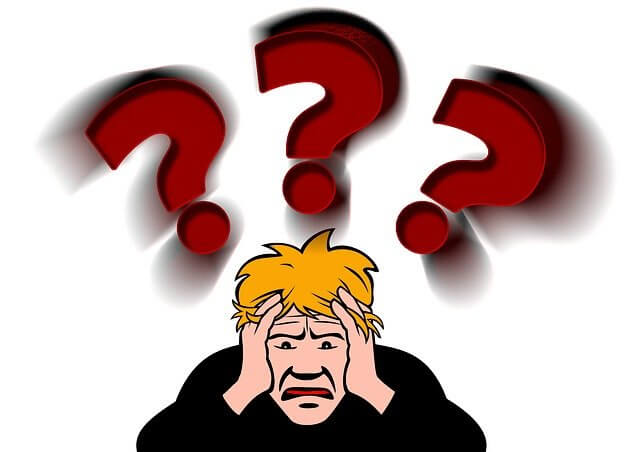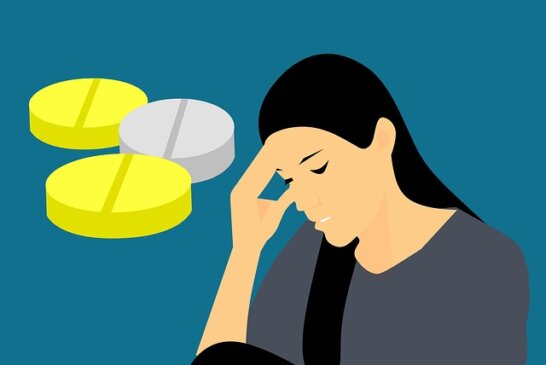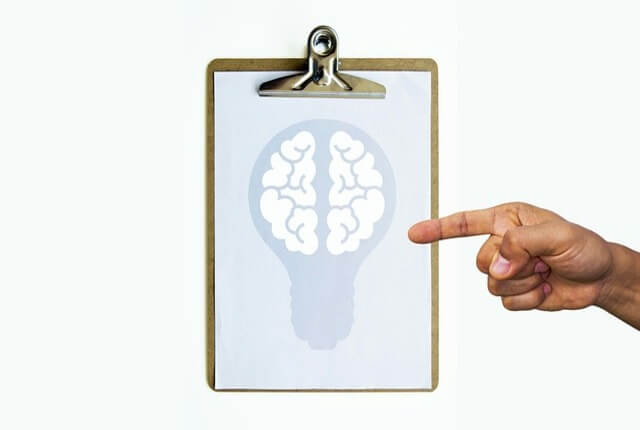What do you do when you have a headache? Do you assume it to be just a common mental health condition and popping in a pain-killer will help? Well, if you do, this post will urge you to look deeper in headaches and discover that they are more complicated than just a common medical condition. Do you know that global data reveals that almost 50% of the population in the world today suffers from headaches at some point of time or the other? For most individuals, these headaches start as a pulsating or throbbing pain in the head. Every type of headache has its own causes, symptoms and treatment. Out of them, tension headaches and migraines are the most common however, their causes are still widely misinterpreted by people today.
Types of headaches

There are two variants of headaches- primary and secondary.
The primary headaches surface without any underlying health problem. They are triggered by lack of sleep fatigue and stress mostly. Even if you consume too much of alcohol or skip your meals, you will get a primary headache.
The muscles or the blood vessels located around your brain sometimes swell up. This creates pressure on the nerves resulting in a headache.
Secondary headaches, on the other hand, are the result of an underlying medical problem. The reason varies from taking too much medication to the presence of a tumor inside the brain.
Tension headaches
These headaches are the most common types of headaches one faces. In fact, 90 percent of all the headaches people suffer from fall under this category. They are short and often disappear after some time. Again, they may suddenly emerge and last for the whole day.
Migraine headaches
These headaches are not common headaches. They are more intense and throbbing. They can last anything between four to even 72 hours.
Symptoms of tension headaches
- There is pain in both the sides of your head
- There is the feeling of pressure more over throbbing.
- Your neck and shoulders feel stiff and tight
- The pain experienced is not severe enough to hamper daily tasks
Symptoms of migraines
- There is moderate to intense throbbing generally on one side of your head
- If you are physically active, the pain gets worser. Lying down helps you.
- There is pain around the eyes or temples
- You experience a feeling of nausea
- There is increased sensitivity towards smell, light and sound
- Your face or arm tingles before the headache starts
- Some people, around one in five individuals, often see flashy dots or wavy lines when they have migraine headaches.
Causes of headaches
The tension-type of headache is generally due to stress, tiredness or worry. The muscles become tight and this triggers off the pain in your head, neck and jaw.
Migraine headaches are caused by specific triggers that could be hormonal fluctuations or bright lights.
Treatment for headaches

When it comes to treating tension headaches, there are over-the-counter medications to help. If you do not like taking pain killers, you can apply balms on your forehead for relief. Tea and coffee have caffeine and they can help soothe mild headaches.
If you have chronic tension headaches, it is best to consult your doctor.
For migraines, never resort to over-the-counter medications. You first need to go to the root of the problem to identify what triggers them. The best way for you to avoid a migraine headache is to avoid the problem altogether. You might need certain lifestyle changes like extra sleep, better nutrition or even discipline when it comes to staying active and healthy.
In case, they do not work, visit your doctor as you might need specific preventive medicines to cater to this problem.
Last but not the least, self-relaxation techniques also help. Learn to take a break from time and time. Acupuncture and massage techniques can also help to reduce pain and relax your body. Certain aroma oils also help you alleviate stress. Lavender, for example, is a great aroma oil treatment for headaches. You can add a few drops in a diffuser and inhale the smell to slowly see your headache slipping away. This technique might not work for migraine headaches but it does reduce headaches caused by tension.
Headaches can be a cause for worry if they occur frequently and are intense. Consult your doctor as you might need an extensive physical check-up with some medical tests to ascertain its cause. Never neglect such headaches as they might be triggered by a tumor in the brain. So, be alert, consult your doctor and get treated to remain safe.





